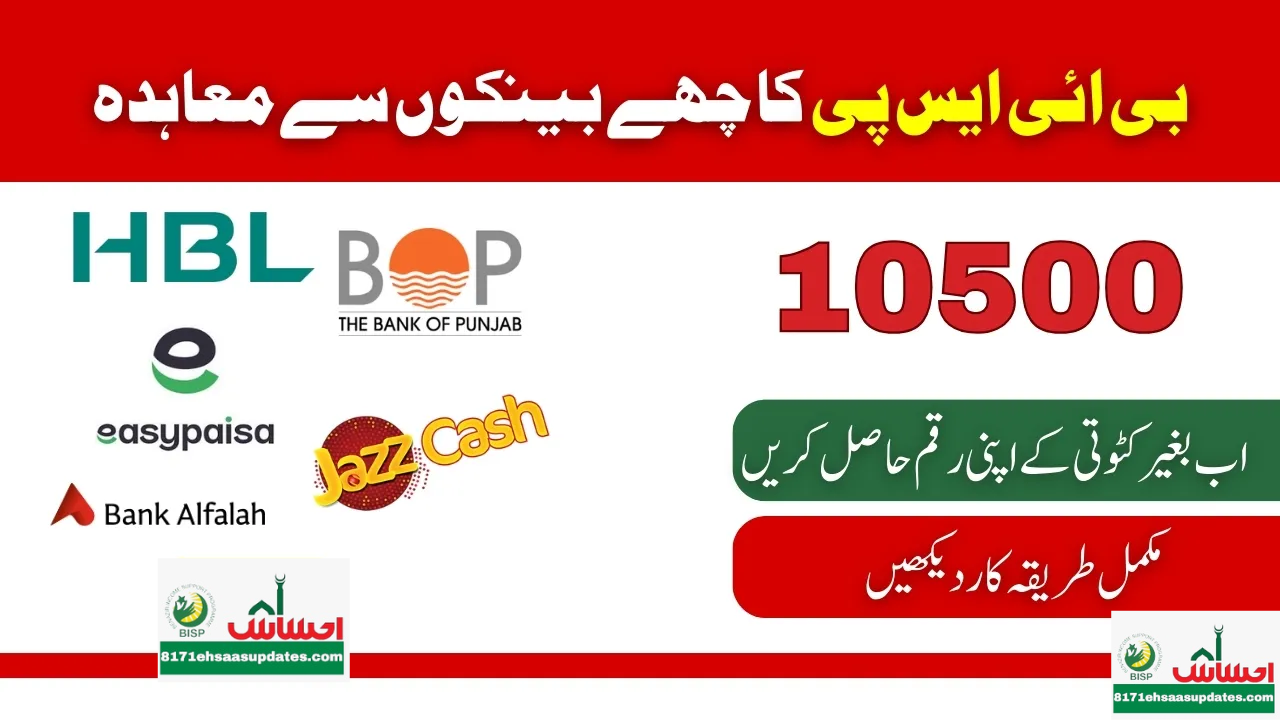
Good News: BISP Partners With Six Banks To Expand Payment System
The Benazir Income Support Programme (BISP), a vital initiative in Pakistan, has partnered with six banks to improve its payment system for the benefit of millions of recipients. This is a significant development that will enhance accessibility and transparency for those relying on BISP’s crucial financial assistance.
Reaching More People, More Efficiently
Previously, BISP beneficiaries had a limited number of banks they could use to receive their disbursements. This new partnership expands the network to include six new banks: Bank Al Falah, Bank of Punjab, Mobilink Microfinance Bank, Telenor Microfinance Bank, Habib Bank Limited, and HBL Microfinance. With a total of 15 clusters and these additional banks involved, BISP is ensuring wider reach and greater convenience for its beneficiaries.
Transparency and Potential Cost Savings
The expansion of the BISP payment system fosters transparency by introducing more competition among service providers. This can potentially lead to a more efficient system and even cost savings for BISP. The news reports indicate that BISP anticipates saving Rs 2 billion annually due to the introduction of competition.
What This Means for Beneficiaries
For the 9.3 million beneficiary households that rely on BISP, this partnership signifies easier access to their disbursements. With a wider range of banks to choose from, beneficiaries can potentially find a bank closer to their location or one that offers more convenient services. This can significantly improve the process of receiving their critical financial aid.
A Positive Step Forward
The BISP’s partnership with these six banks represents a positive step forward in ensuring efficient and transparent disbursement of financial assistance to millions of Pakistanis. By expanding the network and fostering competition, BISP is working to better serve its beneficiaries and empower them through easier access to the resources they need.